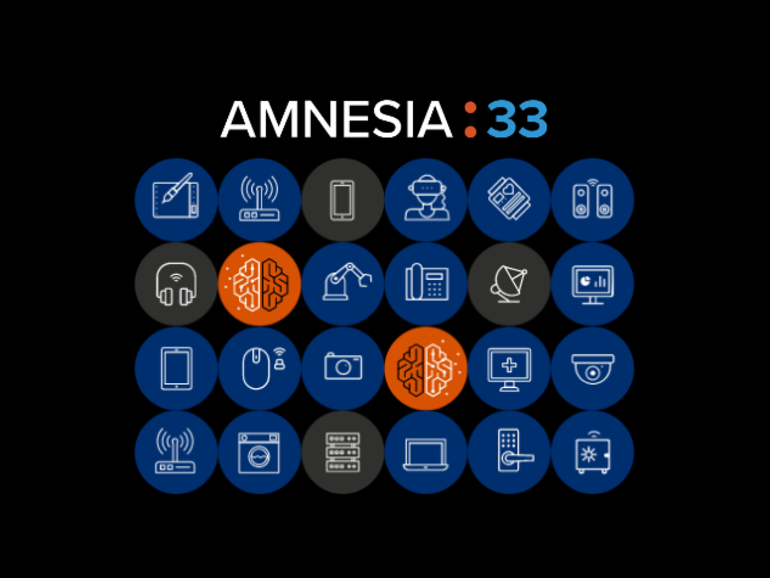Written by David Brown, on behalf of the Zephyr Security Team

On December 8, 2020, Forescout released a report containing numerous vulnerabilities found in various embedded TCP/IP stacks, known as AMNESIA:33. These vulnerabilities, across multiple network implementations, concern various memory and overflow errors, some of which are readily exploitable.
The Zephyr project received notification of this vulnerability through CERT before the publication date. We analyzed these vulnerabilities, and any affected code, and concluded that the Zephyr project is not impacted by any of these vulnerabilities, neither in the current releases, nor in any Long Term Support release.
Despite being collected under a single name, this report describes 33 vulnerabilities that are largely unrelated to one another. The report is the result of an analysis of 4 TCP/IP implementations that are commonly used in embedded systems: uIP, uIP in Contiki-OS, PicoTCP, and Fnet. Of these implementations, only the code in Fnet has ever been used in Zephyr.
The Zephyr LTS release 1.14 contains an implementation of the TCP stack from Fnet. Of the vulnerabilities reported in Fnet, 2, CVE-2020-17468, and CVE-2020-17469, are in the IPv6 Fnet code, one, CVE-2020-17467, affects Link-local Multicast Name Resolution LLMNR), and 2, CVE-2020-24383, and CVE-2020-17470 affect DNS functionality. None of the affected code has been used in the Zephyr project, while 1.14 does use the Fnet TCP, it does not use the affected IPv6, DNS or LLMNR code.
For current releases, including the current 2.4.0, this code has been replaced by a Zephyr-specific implementation.
The Zephyr project takes security seriously, for more information on our processes involving security, including how to report vulnerabilities can be found on our Security page.